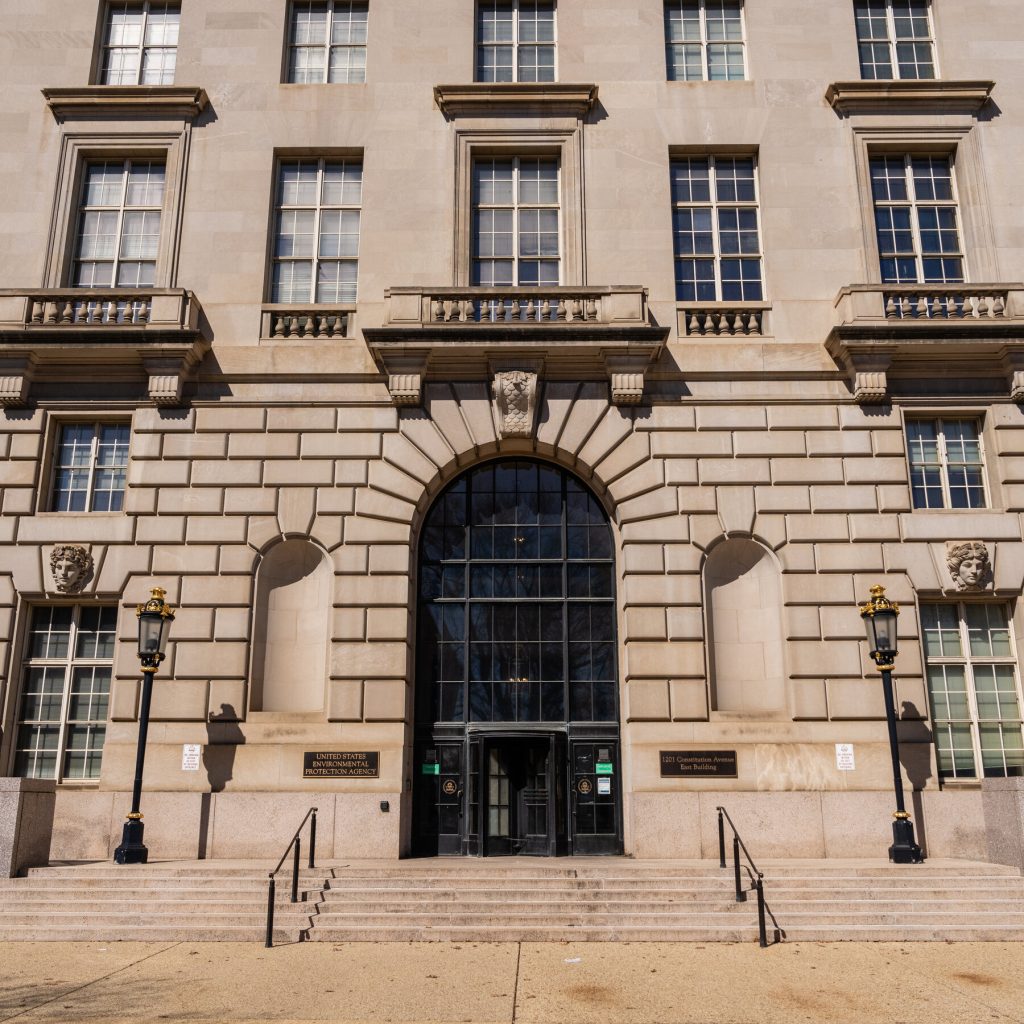Government Shutdown Triggers Widespread Flight Reductions and Delays

*By Niraj Chokshi, Transportation Correspondent*
The ongoing federal government shutdown is beginning to reverberate through the nation’s skies, forcing airlines to slash schedules, delay departures, and, in some cases, cancel flights altogether. As the budget impasse stretches into its third week, the ripple effects are being felt most acutely at airports that rely heavily on federal personnel and services.
Air Traffic Control Staff on Furlough
The Federal Aviation Administration (FAA) has been operating with a skeletal crew since the shutdown began. While essential safety‑critical staff remain on duty, many air traffic controllers, flight‑plan processors, and support personnel have been placed on unpaid leave. The resulting staffing shortfall has forced the FAA to implement a nationwide “minimum service” plan, which reduces the number of aircraft that can be handled simultaneously at busy hubs such as Atlanta, Chicago O’Hare, and Los Angeles.
“Without the full complement of controllers, we simply can’t guarantee the same level of capacity,” an FAA spokesperson explained. “We’re prioritizing safety, which inevitably means fewer take‑offs and landings per hour.”
Airlines Respond with Schedule Cuts
Major carriers have responded by trimming their flight rosters. United Airlines announced a 10‑percent reduction in its domestic schedule, citing “operational constraints” linked to the shutdown. Delta Air Lines, which operates a significant hub at the heavily impacted Hartsfield‑Jackson Airport, has postponed or canceled roughly 200 flights this week alone. Southwest, known for its point‑to‑point model, reported that several of its most popular routes—particularly those connecting the Midwest to the Southwest—are now operating with limited frequency.
Smaller regional airlines are feeling the pressure even more intensely. “We’re seeing a cascade effect,” said a spokesperson for SkyWest. “When the big carriers cut back, the feeder flights that feed into their hubs get squeezed, leaving passengers stranded in smaller markets.”
Passenger Experience Deteriorates
Travelers are encountering longer wait times at security checkpoints, reduced on‑time performance, and an uptick in last‑minute cancellations. The Department of Transportation’s consumer complaint hotline has reported a 45 % surge in grievances related to flight disruptions since the shutdown commenced. Many passengers have resorted to rebooking through third‑party apps, often incurring additional fees that would normally be waived under standard airline policies.
One commuter from Denver to Phoenix recounted, “I was supposed to land for an important meeting, but my flight was delayed by three hours because the tower was understaffed. I had to scramble for a rental car and a hotel, and I’m still out of pocket.”
Airports Grapple with Operational Gaps
Beyond the airlines, airports themselves are feeling the strain. Federal security screeners, customs officers, and TSA agents have been working overtime, but the lack of full staffing levels is leading to bottlenecks. At Denver International Airport, a temporary “priority lane” for flights with essential cargo has been instituted, but the overall passenger flow remains sluggish.
Some airports have turned to state and local resources to fill the gaps. For example, the Port Authority of New York and New Jersey deployed additional ground staff to assist with baggage handling at Newark Liberty International Airport, hoping to mitigate the slowdown caused by the FAA’s reduced capacity.
Economic Impact Looms
Industry analysts warn that the cumulative effect of these flight cuts could run into the hundreds of millions of dollars in lost revenue for airlines and ancillary businesses. A recent study by the Airlines for America trade group estimates that each day of the shutdown could cost the aviation sector roughly $1 billion in reduced ticket sales, ancillary fees, and airport concessions.
Looking Ahead
While negotiations in Congress continue, the FAA has indicated that any extension of the shutdown beyond the next two weeks could trigger a more severe “minimum service” level, potentially grounding additional flights and further disrupting travel plans. Airlines have urged passengers to monitor flight status closely and to consider flexible ticket options where possible.
For now, the message from the skies is clear: until the government resumes full funding, travelers should expect a leaner, slower air travel experience. As the shutdown drags on, the aviation industry—and the millions of passengers who depend on it—will remain in a holding pattern, waiting for a resolution that restores normal operations.


